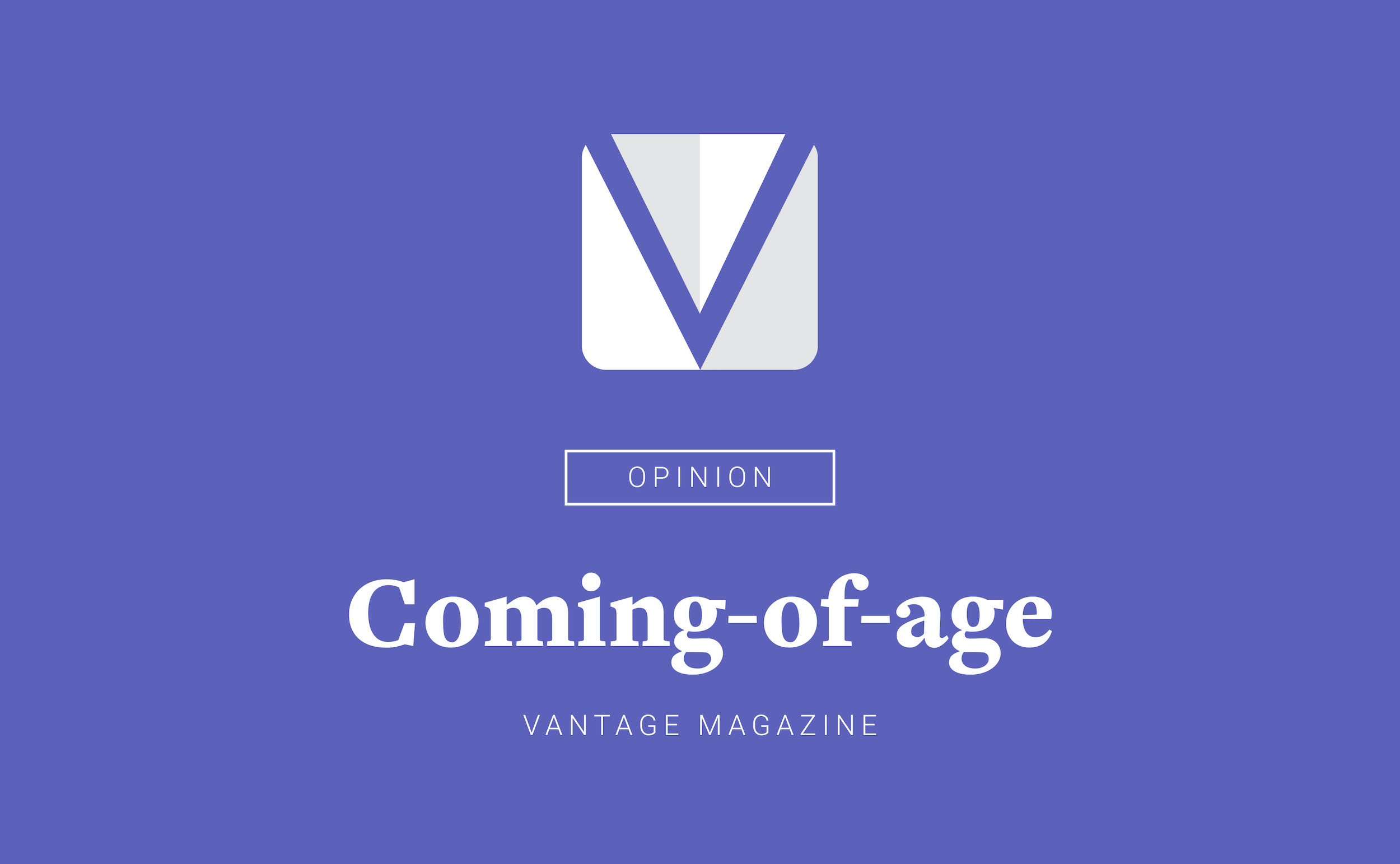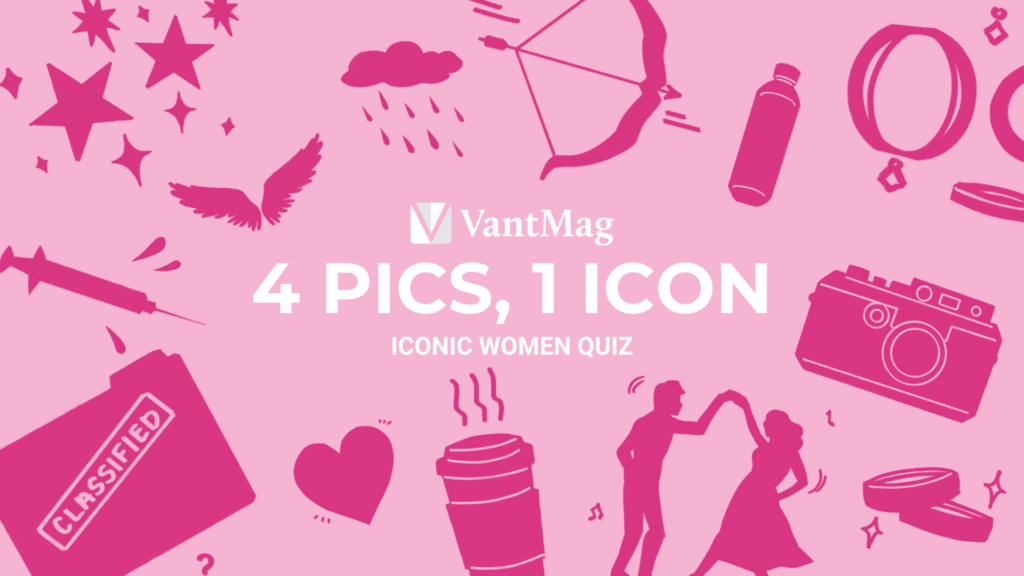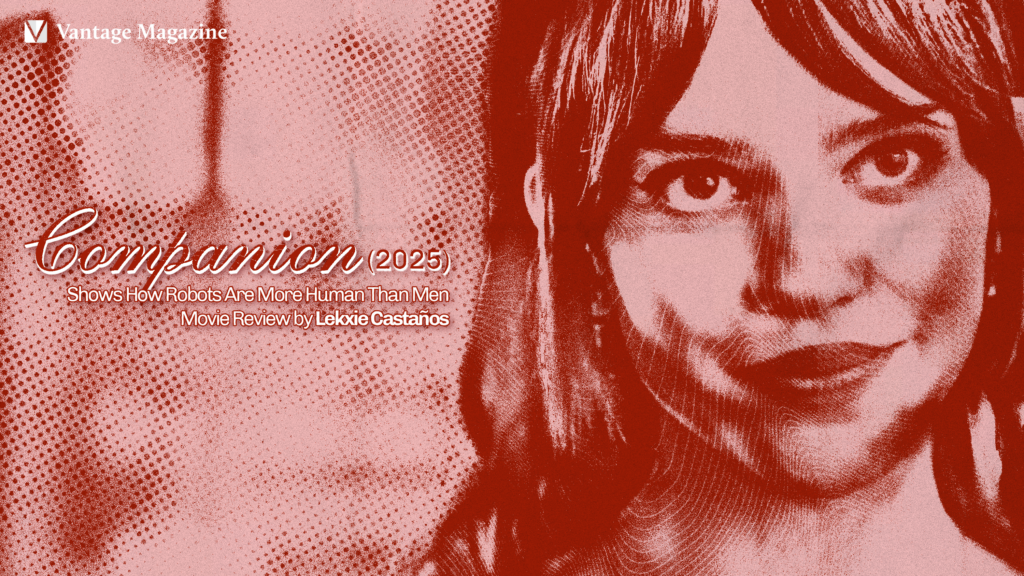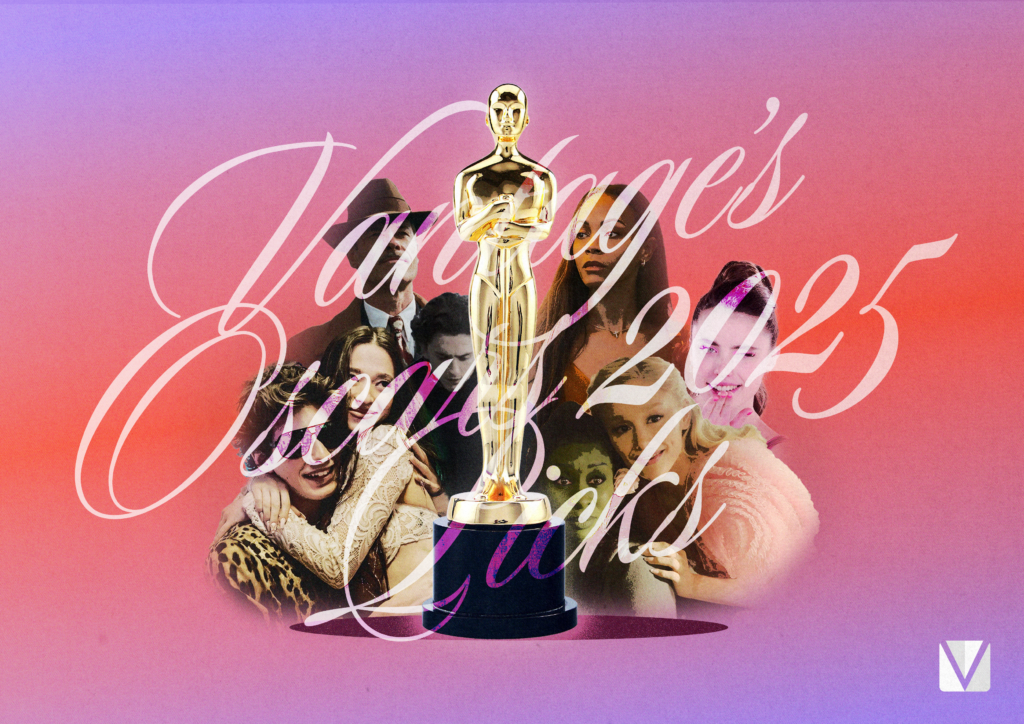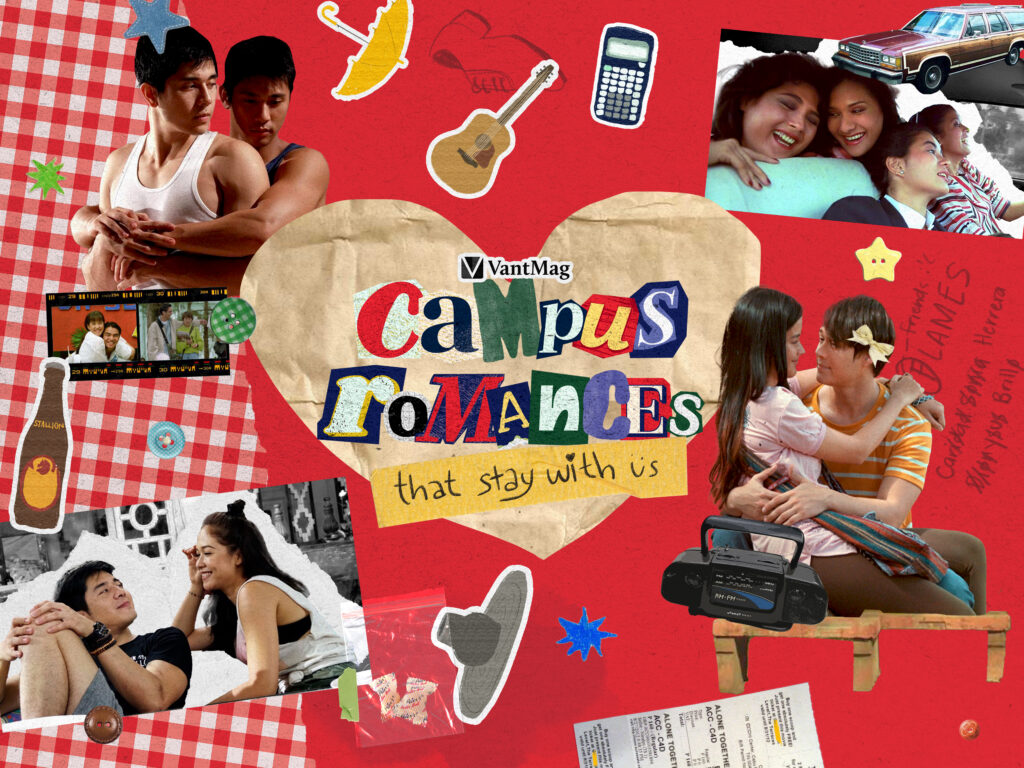Coming-of-age is a Vantage column where staffers share their opinions on a specific beat. From in-depth analyses of TV series to miscellaneous musings in music (and everything in between), this monthly column is an avenue to spread and inspire thought-provoking ideas.
In this column, Vantage Magazine staffer Nat recounts why a story about the creator of Facebook remains as one of her constant comfort films.
Last October, I celebrated The Social Network (2010)’s 10-year anniversary by reciting a monologue about Prada, a hoodie, and fuck-you flip-flops in my room.
My love for David Fincher’s film is no surprise. I’ve watched it once a month since quarantine, and will continue doing so. If anything, its long list of accolades frames my admiration to be commonplace. The world had 10 years to praise and to criticize The Social Network, but rarely am I asked what makes me return to the film.
Why do I care so much for a movie about Facebook?
By no means does it ever try to be relatable. Mark Zuckerberg (Jesse Eisenberg) talks at a pace that barely leaves room to breathe. Harvard students sue him for a stolen idea. The whole narrative is a melodramatic interpretation of how he and his best friend Eduardo Saverin (Andrew Garfield) became the founders of Facebook.
Despite everything, the movie isn’t about Facebook.
Coding, liquidations, lawsuits—these create a cesspool of heartbreak that I wallow in. To understand why I hold this film close to my heart, a confession must be made: I’m a little in love with all of my friends. Nothing hurts me more than a friendship breakup, and that’s what lies beneath the corporate mask that The Social Network wears.
Having parted ways with numerous people I loved, I find solace in a story about flawed best friends. Mark is prideful, or as his ex-girlfriend puts it, “an asshole.” He translates her words into a self-fulfilling prophecy through snide remarks and façades of disinterest. When faced with conflict in the form of a lawsuit, he acts as if he can do no wrong because he’s the inventor of Facebook.
As much as I hate to admit it, those are flaws I fall back on myself. I embrace detachment and a false moral high ground whether I’m at fault for hurting someone or not. It’s wrong, but easier than swallowing my pride and choking on it.
Meanwhile, Eduardo carries naïveté in his desperation to be an important figure. He validates his position in Mark’s life by providing financial resources and futile but earnest attempts at expanding Facebook. However, none of this makes Mark’s eventual betrayal less painful. Eduardo’s displays of trust and loyalty echo my own desires proving my worth to people who never question it. I pin my value on their approval while doing too much, and when met with disregard, fumble with retaliation.
Though Mark and Eduardo’s dynamic is complex, it unveils truths of human connection I often feel alone in. Two people can need each other, build something together—but do so in ways neither understand. I have been Eduardo, losing his calm and collected demeanor in favor of smashing Mark’s laptop to pieces. I have also been Mark, letting jealousy get the best of him by making others feel disposable.
When I first watched The Social Network as an oblivious 13-year-old, I thought it was just a brilliant movie about Facebook. As years passed, I learned through painstaking ways how it mirrors my own shortcomings in two people who were each other’s only friends.
This is my love letter to the fictionalized Mark and Eduardo. This is also for the people I’ve failed to keep. Sometimes an intimate friendship breakup feels like being sued for $600 million and simultaneously pressing the charges.


